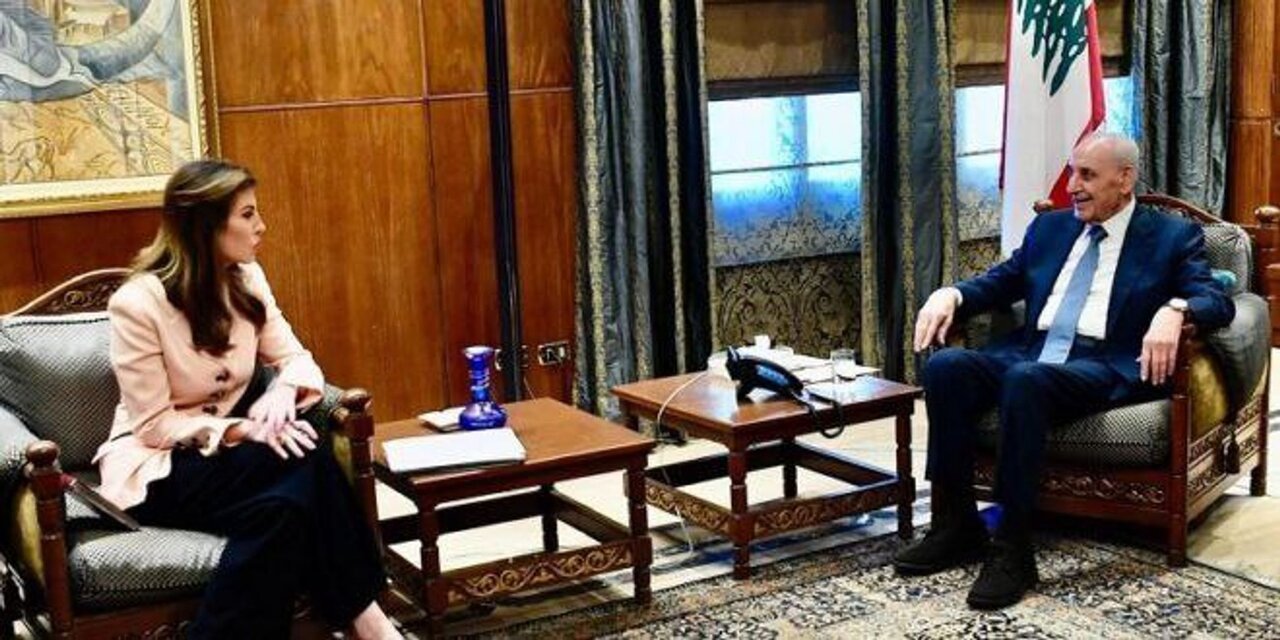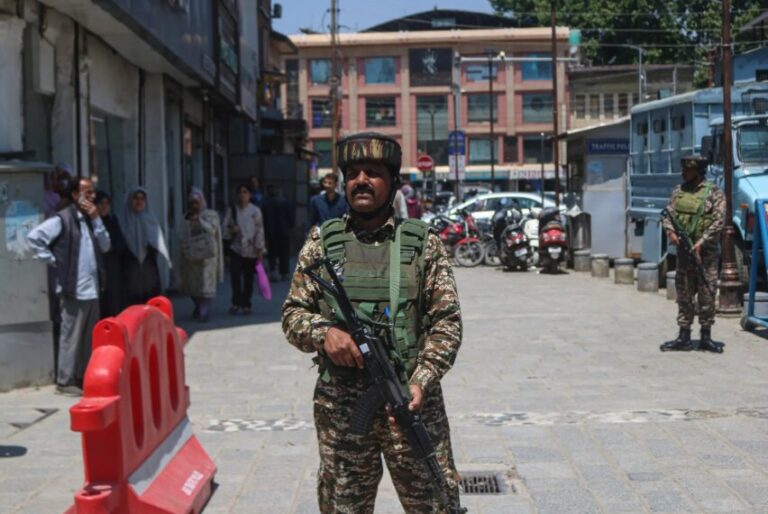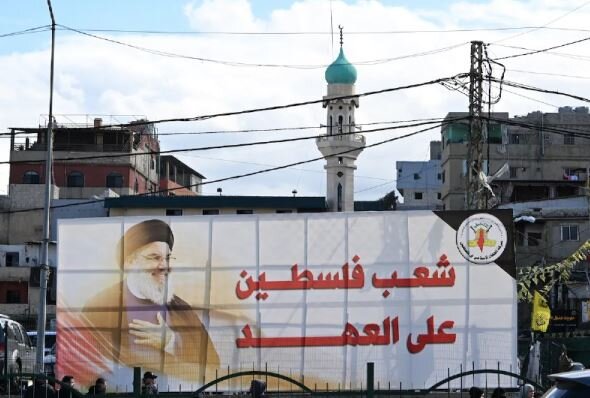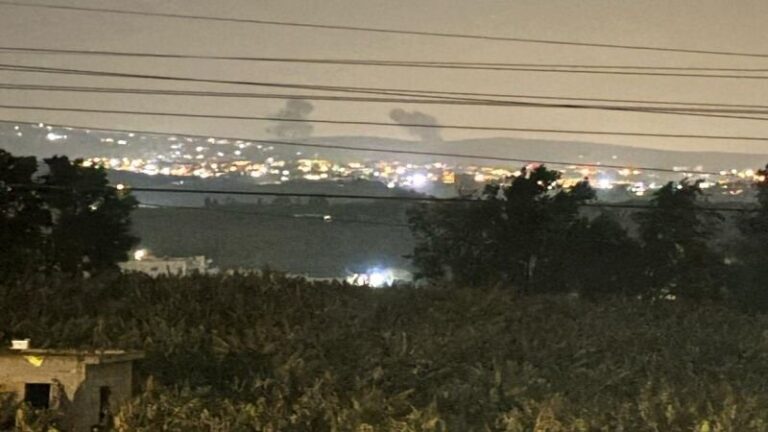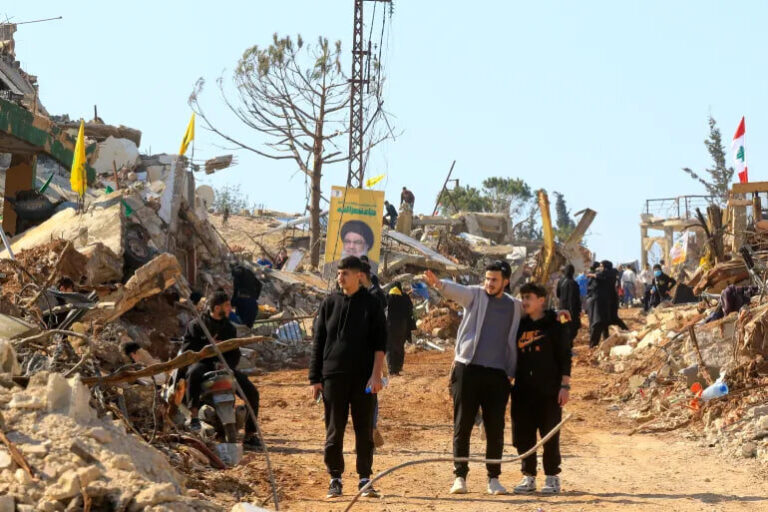Lebanon’s Turbulent Aftermath: Insights from Ortagus’ Controversial Visit
During her recent visit to Beirut, US Deputy Envoy to the Middle East, Morgan Ortagus, engaged in critical discussions that highlighted the urgent need for reforms in Lebanon. Her three-day trip has sparked significant dialogue among Lebanon’s leadership, particularly concerning the implementation of UN Resolution 1701. This article delves into the key points discussed during Ortagus’s visit and their implications for Lebanon’s political landscape.
The discussions led to an urgent meeting involving President General Joseph Aoun and Speaker of Parliament Nabih Berri, focusing on several pressing issues:
- Implementation of UN Resolution 1701.
- Legal amendments, especially in banking, to ensure consensus before negotiating with the International Monetary Fund (IMF).
- Reform laws as addressed by Ortagus on behalf of the international community.
Ortagus emphasized that Lebanon must tackle its banking sector’s challenges, particularly concerning bank secrecy. She criticized the Lebanese government’s proposal to lift bank secrecy for only three years, insisting on a retroactive effect of ten years. This change is crucial for transparency and accountability in Lebanon’s financial dealings.
Additionally, Ortagus called for the disclosure of financial operations that occurred between 2015 and 2019, highlighting the need for transparency in the banking sector. She noted that Lebanon’s reliance on a cash economy has made it vulnerable to money laundering activities, urging for a restructuring of the banking system to align with global standards.
Furthermore, Ortagus’s agenda included several other urgent reforms:
- Judicial reform to enhance the independence and efficiency of Lebanon’s legal system.
- Control over border crossings and customs to prevent smuggling and illegal activities.
- Reforms within the Ministry of Finance to ensure accountability and proper management of resources.
In a television interview, Ortagus elaborated on her discussions with Lebanese officials, addressing a range of reforms that encompass administrative, financial, legal, security, and military aspects. A significant point raised was the fate of all “illegal” weapons, whether held by Lebanese or Palestinian groups. However, she acknowledged that achieving military and security reforms is contingent upon resolving the ongoing Israeli occupation of southern Lebanon.
Observers of Ortagus’s visit have mixed opinions regarding its effectiveness. While some view her approach as flexible, they argue that the substance of her discussions largely mirrored previous engagements. This sentiment suggests that despite her diplomatic demeanor, the foundational issues remain unresolved.
Some analysts believe that Ortagus’s calmness during her visit can be attributed to her inexperience in diplomacy, a trait shared by several officials from the Trump administration. This lack of experience may have led her to unintentionally breach diplomatic norms during her initial visit, such as concealing her Star of David necklace during meetings.
Other commentators suggest that her reserved approach reflects the current geopolitical tensions between Washington and Tehran. The timing of her visit, which preceded indirect negotiations facilitated by Oman, may have influenced her diplomatic strategy to avoid exacerbating tensions.
Despite the challenges, Ortagus made it clear that Lebanon must act swiftly, as the deadline for necessary reforms is not flexible. The rapidly changing dynamics in the region could work against Lebanon if reforms are not implemented promptly.
In conclusion, the discussions led by Morgan Ortagus during her visit to Beirut underscore the pressing need for reforms within Lebanon’s political and financial systems. As Lebanon navigates these challenges, the cooperation between its leadership and the international community remains crucial for ensuring stability and progress.
